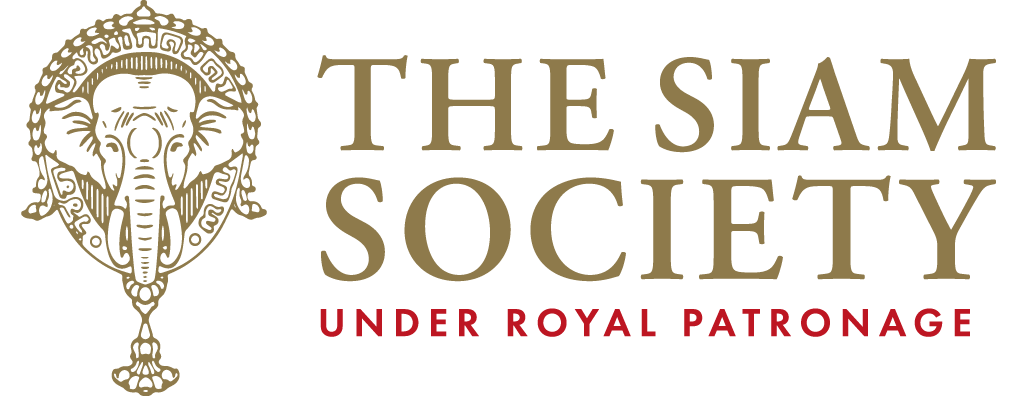The Mighty Mekong: A Regional Conundrum
The Mekong, one of the world’s most iconic waterways, faces a myriad of challenges, predominantly in its lower reaches. The compounding effects of climate change and upstream developmental projects exacerbate existing issues. The Lower Mekong region, including Cambodia, Laos, Thailand and Vietnam, is especially susceptible to the adverse impacts of changing climate and human activities along the river. Notably, the delta and the Tonlé Sap will bear the brunt of upstream governments prioritizing their national interests over regional well-being, risking a potential catastrophe. Rising temperatures and unpredictable rainfall patterns are causing water scarcity in the Lower Mekong region, compounded by El Niño-induced droughts over Southeast Asia, which may result in crop failures and food insecurity. Paradoxically, the Lower Mekong may also see more frequent floods due to intensified rainfall caused by erratic weather patterns and upstream dam operations, with resultant irregularities in water flows leading to riverbank erosion, flooding of farmland, displaced communities and property damage. Rising temperatures will likely result in saltwater intrusion into the river’s estuaries, rendering large areas of arable land unsuitable for rice cultivation. Managing the Mekong’s water resources involves a complex balance of cooperation and competition among neighbouring nations. Climate change can heighten vulnerabilities and worsen disputes over water distribution, underscoring the need for effective regional diplomacy. Cooperation at local, national and international levels is crucial because climate change and natural variations transcend borders, and the future of the Mekong hinges on a collective response to these urgent issues.
About the speaker
Massimo Sarti is a geologist whose research has been primarily focused on deciphering the Earth’s past climates by examining sediments and rocks on land and in the world’s oceans. He embarked on his academic career at the University of Ferrara in Italy. Further, he honed his expertise at Oxford University and the Scripps Institution of Oceanography in the USA. His expertise has led him to participate in scientific expeditions on drill ships spanning the globe, including Antarctica. His interest in climate variability extends to understanding its impacts on human societies and the environment. He served as a Full Professor at the Polytechnic University of Marche in Italy, educating students on geological and climatic risk analysis and providing his expertise as a consultant to organizations such as UNESCO and FAO in Southeast Asia and Sub-Saharan Africa.
When
Where
Admission
Members and Students (to undergraduate level) — Free of charge
Non-Members — THB 300
For more information, please contact
To book your place, please contact Khun Pinthip at 02 661 6470-3 ext 203 or pinthip@thesiamsociety.org
More upcoming lectures
-
 The Bodhisattva and the Hoard: Investigating the Prakhon Chai PuzzleLecturesThursday, 19 February 2026 at 19:00
The Bodhisattva and the Hoard: Investigating the Prakhon Chai PuzzleLecturesThursday, 19 February 2026 at 19:00 -
 Victory to Ashes: War’s Lessons from the MahābhārataLecturesThursday, 5 March 2026 at 19:00 (Bangkok Time)
Victory to Ashes: War’s Lessons from the MahābhārataLecturesThursday, 5 March 2026 at 19:00 (Bangkok Time)
